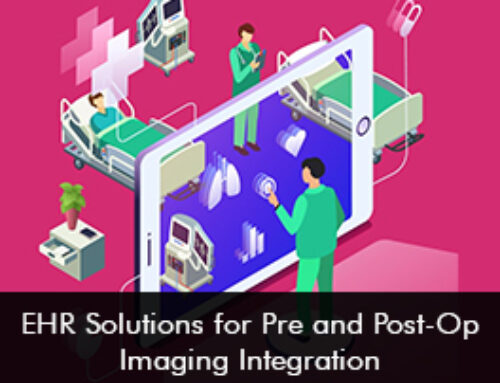Value-based care in the USA is becoming an increasingly common reimbursement method compared to fee-for-service. In the value-based healthcare delivery model, the prime focus is patient care. Electronic Medical Records (EMR) Software can be utilized by healthcare providers to support value-based care.
The US Government Initiatives for Value-Based Care
The US government has put in place several programs to encourage and assist the switch to value-based healthcare. By providing incentives for clinicians for high-value treatment, these efforts seek to improve patient outcomes, lower costs, and improve the quality of healthcare. Important government programs aimed at promoting value-based care include:
- Medicare Access and CHIP Reauthorization Act (MACRA)
- Center for Medicare and Medicaid Innovation (CMMI)
- Hospital Value-Based Purchasing (VBP) Program
- Medicare Shared Savings Program (MSSP)
- Health Information Technology (Health IT) Initiatives
These initiatives reflect the steady shift towards a value-based care model. The government has been active in promoting the implementation of EHR Software Systems that are Meaningful Use. The use of healthcare IT makes care effective and streamlines the proposition of value-based care.
How can EMR Software Systems Simplify Value-Based Care?
Electronic Health Records (EHR) Software can support value-based care by improving access to patient data. Providers can easily retrieve all up-to-date patient health information to make informed care decisions. Furthermore, the use of cloud-based EMR Software empowers clinicians to view patient data on the go.
The interoperability options in EHR systems develop an interoperable environment in which data can be exchanged seamlessly. This can lead to care coordination and collaboration between different specialists, enhancing patient care and boosting health outcomes. The issue of data silos is eliminated and the care teams involved in the patient’s treatment path have access to accurate medical records.
EMR software platforms come with integrated analytics tools. They make it possible for healthcare institutions to monitor important performance metrics like patient outcomes, utilization rates, and cost-effectiveness. The information assists providers in determining areas in need of enhancement and gauging the success of value-based care programs.
Value-based care models frequently mandate that providers report on quality metrics to be eligible for rewards or to stay out of trouble. EMR software helps streamline administrative tasks and guarantees reporting requirements are met by automating the gathering and submission of high-quality data.
Greater Value with EHR Software
High-value care can be delivered with the use of EMR technology that is designed to support value-based care. The electronic health records software features of quality reporting, population health, analytics, and patient engagement play a critical role in offering high-quality patient care and reducing costs. EHR Software adds value by empowering clinicians to:
- Access patient charts remotely.
- Flag out potential medication errors.
- Facilitate smooth patient communication.
- Support the order of correct tests reducing duplication.







